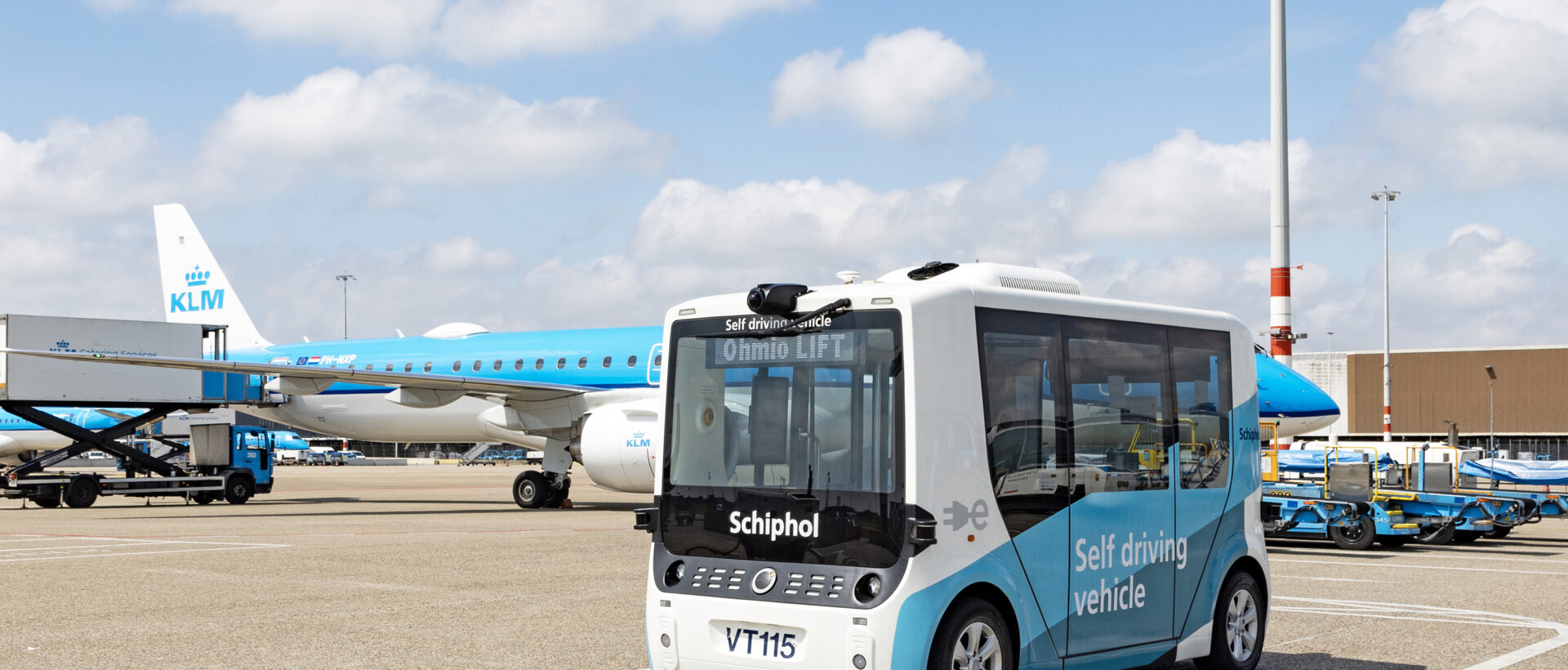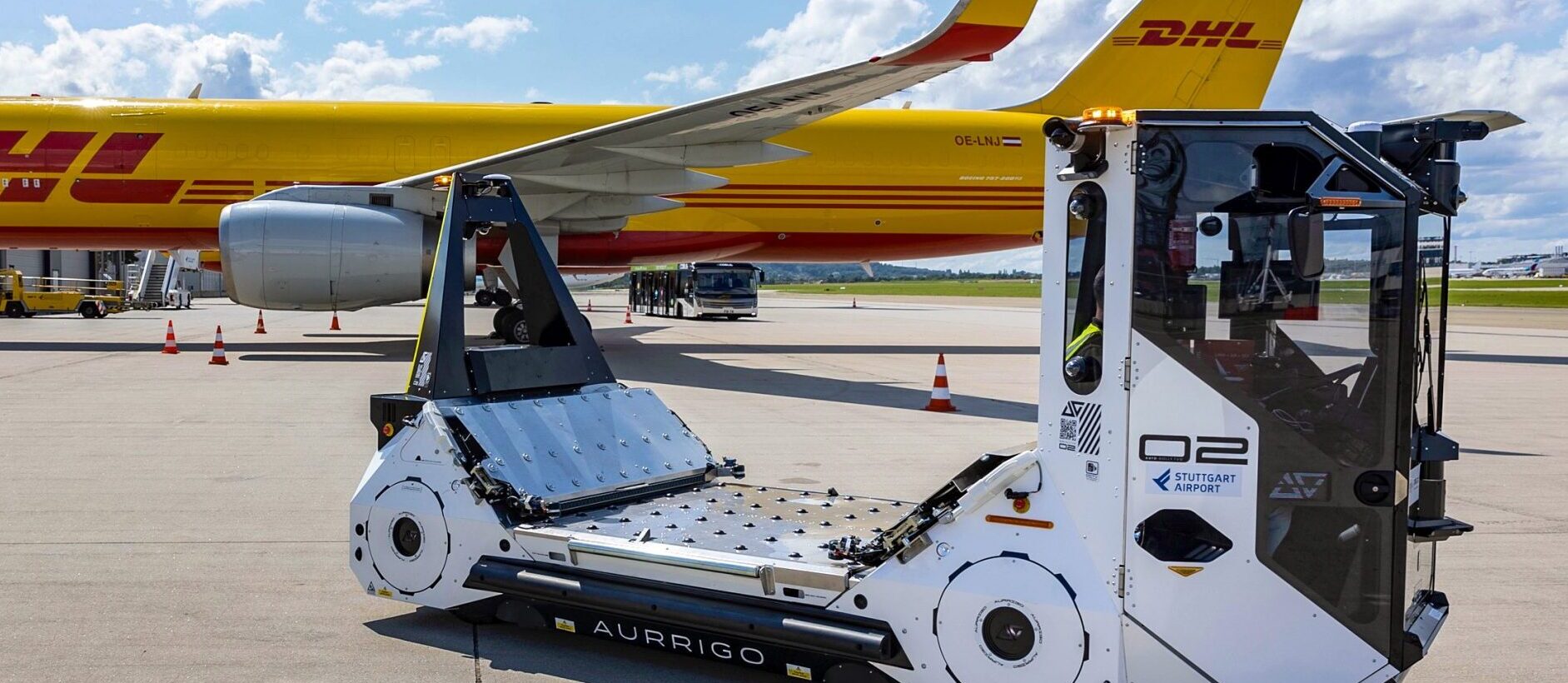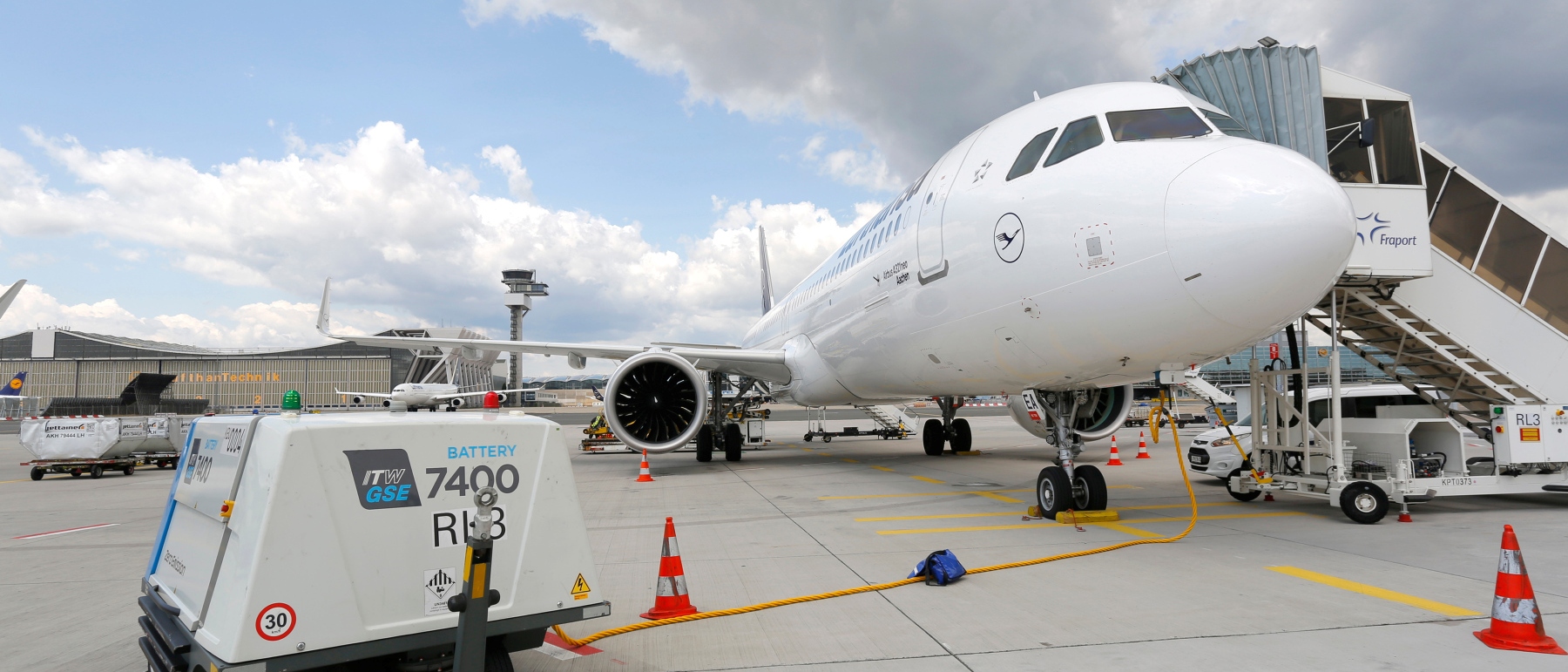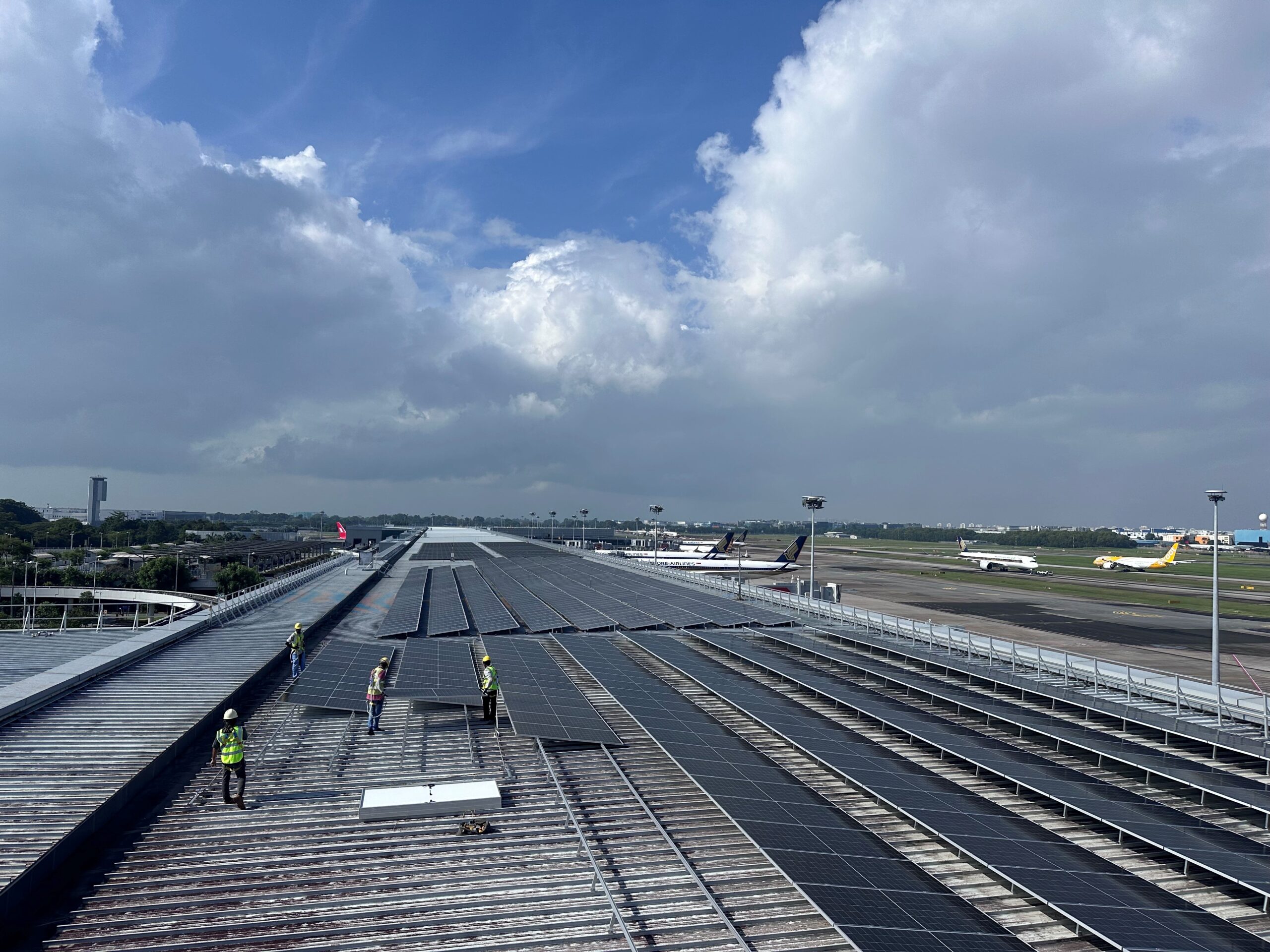London Gatwick Airport (LGW) has cut the Scope 1 emissions from its diesel-powered vehicles by 90 percent after swapping to Hydrotreated Vegetable Oil (HVO).
With this change, all 300 diesel vehicles, forming 85 percent of London Gatwick’s fleet, will now be powered by HVO. As a more sustainable and lower-carbon alternative to diesel, this transition will see LGW save 950 tonnes of carbon emissions each year.

HVO is a low-carbon biofuel made from plant waste, oils and fats. It will be used to power London Gatwick’s fleet of diesel vehicles until they are retired from use. They will then be replaced with electric models.
The vehicles powered by HVO at London Gatwick include the airport’s fire engines, airside operations vehicles and snow ploughs.
This change follows an extensive trial, which concluded that HVO had no impact on the performance of these vehicles. Consequently, the fire engines can still respond to all call outs on the airfield within three minutes.
Steve Kelso, Head of Engineering, London Gatwick, said:The implementation of Hydrotreated Vegetable Oil to power our 300 diesel vehicles is an exciting milestone for London Gatwick’s sustainability journey and a big step in our fleet transition. It is vital we invest in sustainably sourced HVO to reduce emissions in all areas as soon as possible on our journey to reach net zero for our own Scope 1 and 2 emissions by 2030.
From the buses that pick passengers up from the long-stay car parks, to operations vehicles that patrol the airfield, HVO is now being used to fuel vehicles throughout the airport. As we continue to grow, we are making sustainability part of everything we do here at London Gatwick and we are committed to finding solutions and working differently to meet our ambitious targets.
This initiative is part of LGW’s commitment to ensuring its Scope 1 and 2 emissions are net zero by 2030.
The airport is thus investing over 250 million GBP in replacing all vehicles, gas boilers and refrigerants with low-carbon alternatives. It also aims to reduce its overall energy use and is investing in on-site renewable energy, including solar power.









